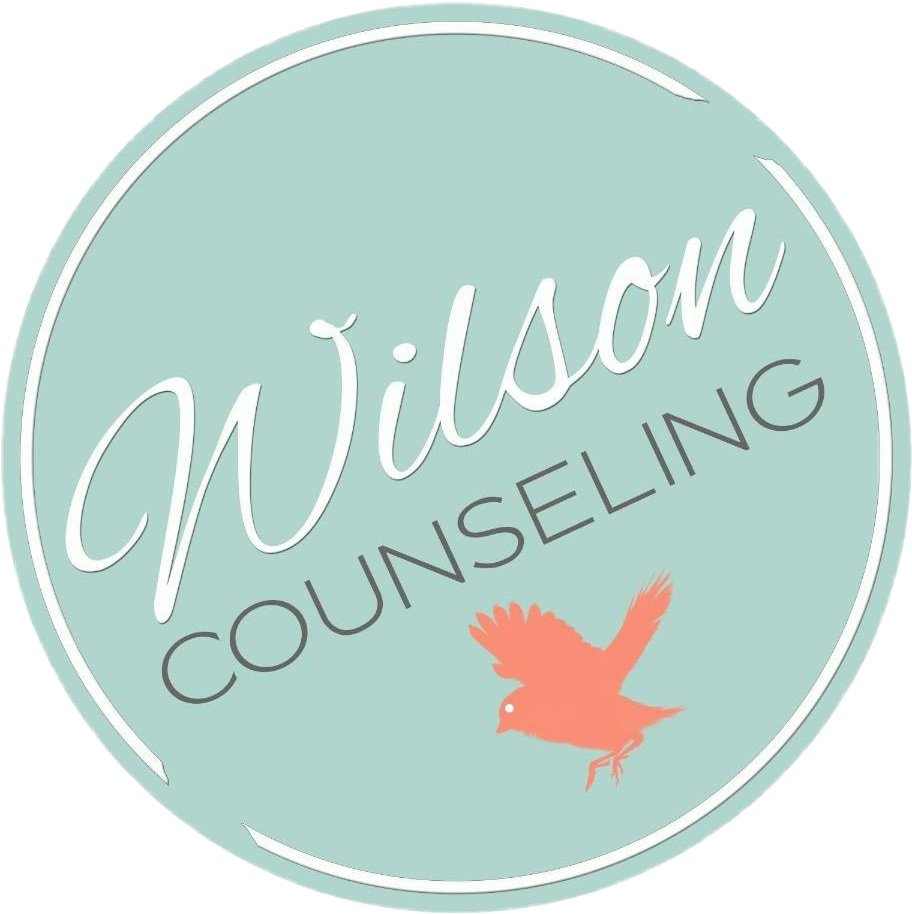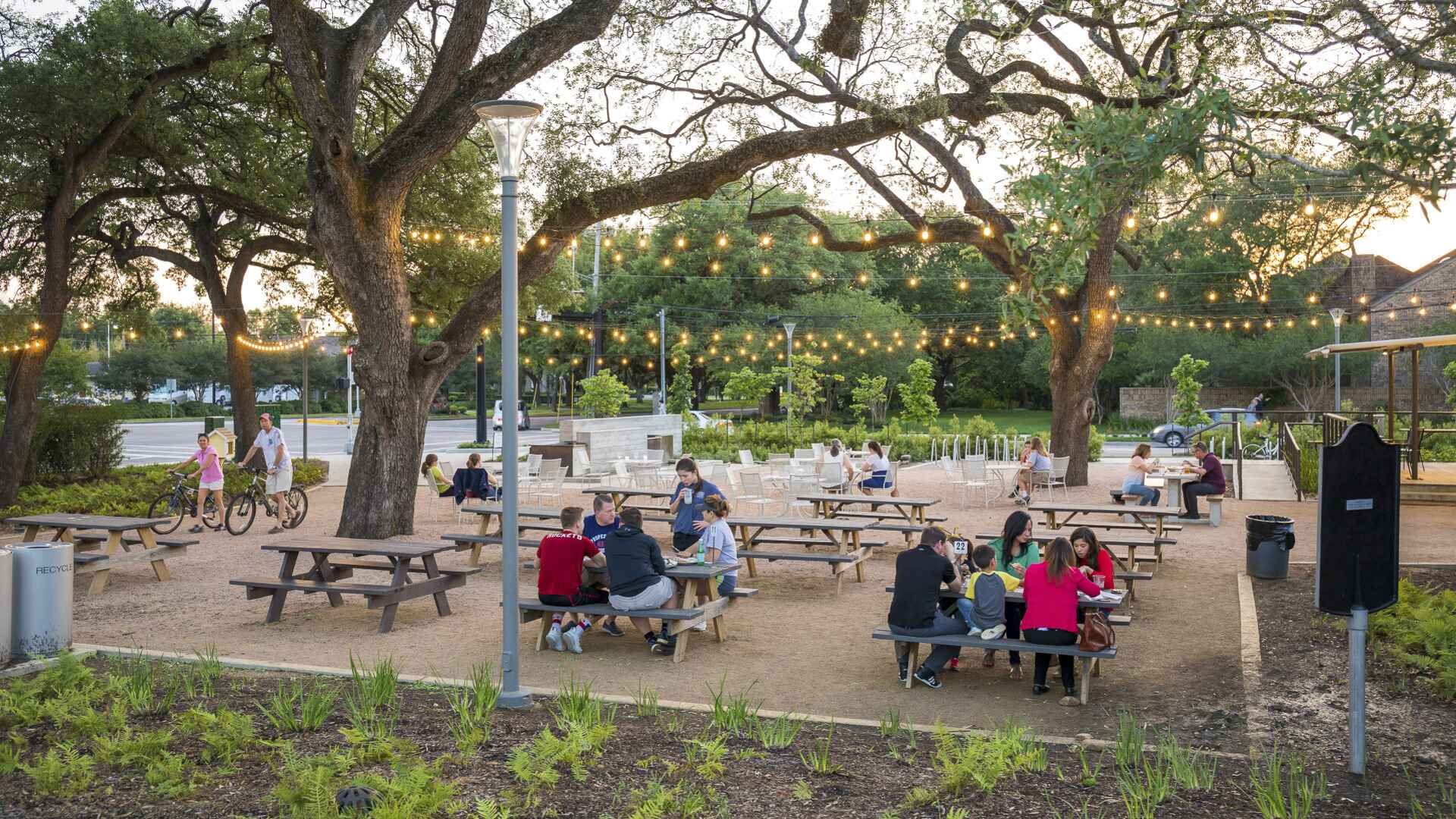LGBT Counseling In Houston, TX
Do you want to learn to live authentically and feel at peace in your body and In your relationships?
Do you feel isolated, lonely, or ashamed?
Do you struggle to understand or express your true identity?
Are you having problems in your relationships?
Do you need help communicating how you are feeling?
Do you feel out of sync with your body or gender?
LGBT+ counseling can help.
LGBT issues that can be addressed in counseling:
Coming out
Not being able to tell family, friends, or professional peers
Discrimination in the workplace or in your personal life
Dealing with shame about romantic feelings
Blending families/parenting
Dealing with differences in sex drive, sexual preferences, monogamy vs non-monogamy, S&M, fetishism, eroticism, etc.
Dealing with past trauma from bullying or abuse
Dealing with prejudice and bigotry
Fear of being discovered even in places that should feel safe
Not feeling like you can be yourself or like you are at home in your body
Anxiety treatment or depression treatment
Although a person’s sexual or romantic orientation or gender identity may not be a source of distress in and of itself, people who identify as lesbian, gay, bisexual, transgender, queer, questioning, asexual, or anywhere on the broad spectrum of gender identity may find that the stigma of living within an oppressed group is a source of stress, anxiety or even depression. In a perfect world, being a part of the LGBTQIA+ community would be a norm, but in the world we inhabit, your sexual identity or gender orientation may trigger challenges that make it even more difficult to live as your true authentic self. That is where therapy comes in.
For those in the LGBTQIA+ community, it is often difficult to find an audience who is willing and able to listen to the daily struggles you face, in addition to processing the repeated trauma that comes from external bigotry, oppression, and hate. Having a therapist whose job is not only to support you and help you move towards your personal goals but also to help you discover ways to navigate our world and all its trials, can make the journey of self-discovery and acceptance that much easier.
Why Work with an LGBT Specialized therapist?
A therapist who specializes in LGBTQIA+ clients is what I like to call an active activist. This essentially means that it is the therapist’s responsibility to keep up with current events and issues within the LGBTQIA+ community, whether they themselves are a part of the community or not. You should be able to trust that your therapist not only has your best interests in mind but also looks for new and innovative ways to connect with your community in order to understand how it is impacted by our world and its needs.
Persons within the LGBTQIA+ community contend with sexism, homophobia, and generalized hatred throughout their lifespan, and these forces can come from the individual themselves or from their outside world at large. It is important for you to feel safe in knowing that your therapist recognizes your daily struggles as valid and impactful in the way that an LGBTQIA+ Specialized therapist does.
What are common reasons LGBTQIA folks seek therapy?
People who identify under the big LGBTQIA+ umbrella have always existed. This is something that we know because of long-standing cultural research. But within the last couple of centuries of human existence, being a part of this community has turned into a taboo.
Part of what LGBTQIA+ specialized therapy focuses on is recognizing the impact of the cultural systems on the individual and unlearning a lot of the self-hate and shame that has been taught along with it. This is the root of most LGBTQIA+ focused therapy to engage and accept self-love as opposed to using self-hatred as a driving force. This can be done through a lot of therapeutic lenses. DBT and CBT skill work are useful tools during this process because they will help you learn how to manage the stresses of things that are out of your control. But, the backbone of LGBTQIA+ specialized therapy is Feminist therapy which empowers you to live authentically as yourself in a world that has taught the exact opposite by strengthening your interdependence, vulnerability, and self-acceptance.
Each letter in the LGBTQIA+ initialism represents a vast spectrum that helps individuals discover a community of their peers and find comfort in identifying with a larger group. Recognizing each letter as an individual orientation gives members of the diversified LGBTQIA+ community individuality as well as respect.
But what does each letter even stand for?
L - stands for lesbian - a lesbian is identified as a Womxn (anyone who identifies as a woman regardless of physical appearance) who desires sexual or romantic relationship with other womxn only.
G - stands for Gay - probably the most diverse letter on the spectrum! Gay is an overarching word that describes when one person of a particular gender (male, female, nonbinary, etc) desires a sexual or romantic relationship with another person who identifies as the same gender.
B - stands for Bisexual which also includes pansexuality. These words have been used synonymously to describe a person who is open to a sexual or romantic relationship with anyone on the gender spectrum, binary or not.
T stands for Trans - which is a word used to describe individuals whose true gender does not match their body’s physical gender display. the opposite of this would be CIS-gendered persons whose true gender matches their body’s physical gender display.
Q stands for queer and/or questioning. This is a term used by a broad spectrum of individuals within the LGBTQIA+ community. It is used by those who do not identify fully with the definitions of aforementioned sexualities, but also do not match heteronormative sexual or romantic preferences. But, it is also used by the LGBTQIA+ community at large as a kind of shortened explanation to describe their sexuality without having to dive into extraneous detail.
I - stands for intersexed - which is a term individuals use to describe someone whose physical gender includes both sexual organs either fully or in part. Intersexed has previously been used mainly as a medical term but in late years has been reclaimed by the LGBTQIA+ community as something that isn’t necessarily a medical issue but just another way that humans can be diverse.
A - stands for asexual and aromantic. Asexuality is a word that describes a person who might engage in romantic relationships but doesn’t experience sexual urges toward other people. Aromantic is similar in those persons who identify as aromantic may desire sexual relationships with others but do not have urges to be romantic or intimate with other people.
+ - The + within our LGBTQIA+ phrase is meant to include all of the outliers and allies within the community. Anyone who stands for LGBTQIA+ rights or fights for social justice.
You may be ready to get help, but have a few concerns
-
A lot of clients have told me that one of the reasons they had been hesitant to start LGBTQIA+ specialized therapy is because they feel that exploring the flexibility of their identity will shake their relationship with themselves, and I’m here to tell you that it will! Therapy is supposed to create flexibility as opposed to defining rigidity. To open your mind to the possibility of all of the versions of yourself existing as authentically and freely as possible, and that you have room for all versions of yourself in your life to do so. Allowing flexibility in your identity gives you permission to take risks, make mistakes, and forgive yourself. All of these practices allow you to live a more mindful, comfortable existence in the skin you’ve been given.
-
Sometimes facing the deepest darkest places within your mind is one of the scariest things you can imagine! It allows the possibility of awful things happening to loom over us, retriggering fragile pieces of ourselves, and that can be extremely uncomfortable. Fortunately, it is this exact journey that helps those deep dark places come to light. When, through LGBTQIA+ therapy, you go through your previous trauma and heal, you are not seeking to turn a negative memory into a positive one or even to forget about that memory entirely. Instead, you will be using tools to search through negative memories and traumas to decide which pieces you’d like to take with you into the future you’re creating for yourself. What you have gone through does not define you, but instead, it gives you insight as to what decisions you should make next.
-
This is a tricky one, because no matter what you do, whether you follow society’s rules or not, you will be judged by others! We cannot control how others feel or their reactions to us. Knowing this, wouldn’t you rather live within a truth that creates more happiness and freedom for yourself than hiding within the walls of the boxes society has created for you? Living in your truth involves accepting all versions of you as valid, necessary, and impactful to your existence. Sometimes all that takes is accepting a few more letters into your vocabulary.
Have you been struggling with your identity, struggling in relationships, or struggling with anxiety or depression? Whether it be your romantic life or personal life, understanding your identity and how it fits into the world around us is an incredibly important part of our growth as humans. If you find yourself curious about your identity, gender, or sexuality, the LGBTQ therapists in our Houston Counseling office are here to help guide you to your most authentic self.
We specialize in LGBTQIA+ Counseling in Houston, TX
Schedule an appointment with our therapists or have a free 15-minute phone consultation about how counseling can help you create a healthy, meaningful, empowered life
Sign up for our email list to get mental health resources sent to you monthly and a free audio series with six keys to conquering anxiety, stress, and depression immediately upon applying.
Connect with our social media:
In addition to LGBTQIA+ counseling, we have other mental health services in our Houston, TX counseling office in the following areas. Our caring therapists also offer:
Online Counseling, Anxiety Treatment, Eating Disorder Counseling, Family Therapy, School and College Counseling, Child Therapy, PTSD Treatment, EMDR/Trauma Therapy, Parenting Counseling, Infertility Counseling, Teen Counseling, Couples and Marriage Counseling, Career Counseling, LPC Supervision.
If you’re ready to get started, please contact our Houston TX Counseling office today.


























